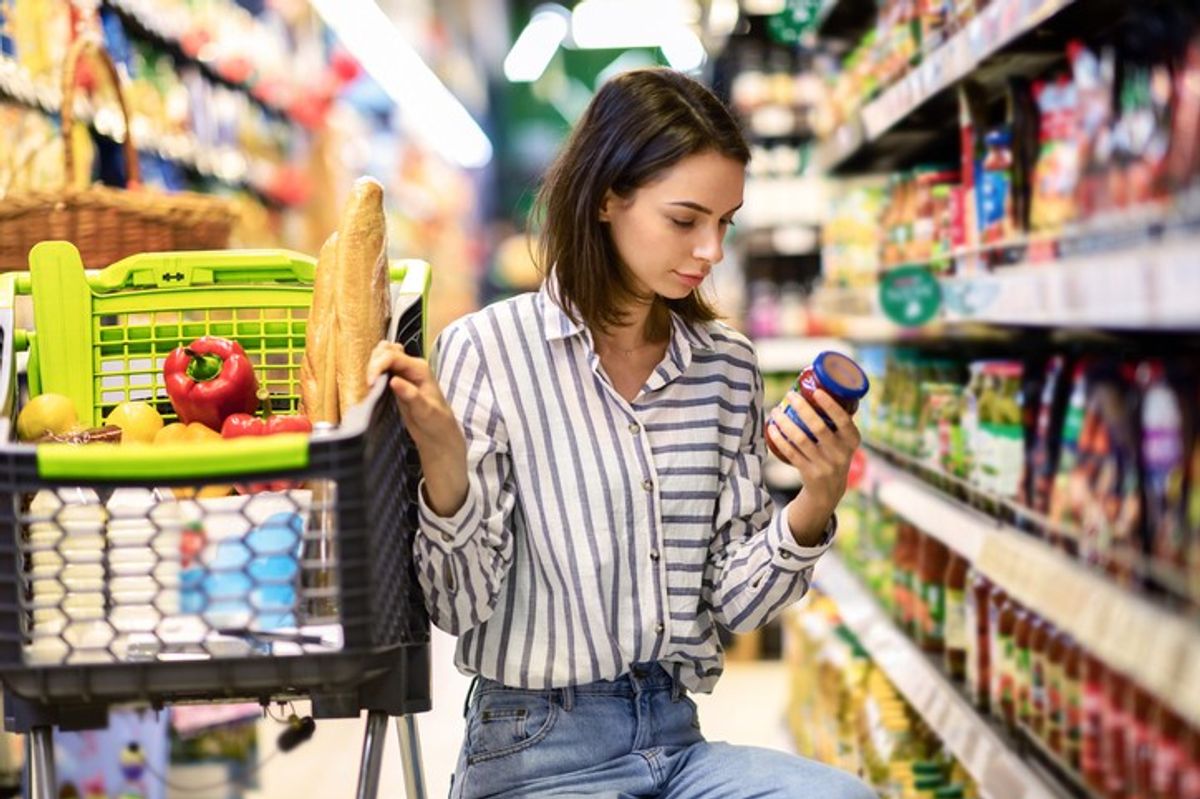The glimmer of hope for a move to a more positive post-pandemic world for consumers has been hit with growing economic uncertainties in the past few months, diminishing consumer confidence once again, according to the latest EY Future Consumer Index.
The ninth edition of the quarterly global survey of 18,000 consumers, conducted in February 2022, finds that the rising cost of goods and services is impacting 42 per cent of the UK respondents' ability to purchase goods and is affecting their purchasing decisions.
Globally, over half of the consumers (52%) said affordability is affecting their choices.
While, inevitably, this impacts lower-income earners the most (62%), the survey shows that middle-income earners (48%) and high-income earners (42%) are also being squeezed.
Driven largely by the inflationary impact on prices and the anticipation of new Covid-19 variants, the survey shows that consumers will continue to rein in their consumption, trade down to cheaper alternatives, and purchase fewer non-essentials. Some key items where respondents are spending less include clothing (38%), beauty and cosmetics (35%) and alcohol (30%). Many are already seeking cheaper alternatives for fresh food (20%) and packaged food (19%).
“Despite an economic uplift in many countries since the pandemic, consumers are not optimistic about their future due to rising inflation, fundamental changes in their work and personal lives, and a growing unease around current global geopolitical issues,” Kristina Rogers, EY global consumer leader, commented.
"With their spending power eroding and uncertainties looming, consumers are having to rethink their spending choices, not only around 'nice to have' purchases, but also essential day-to-day goods."
Uncertainty around managing rising living costs is driving almost two-thirds (60%) of all respondents to want to save more for the future, with 39 per cent of all respondents having made it a goal already to save rather than spend.
The survey also shows that consumers are looking for experiences more than ever before, as they make up for lost time and look for escapism from the pressures of the post-Covid-19 world, with 45 per cent saying they plan to live more in the moment.
Out of the five key broad spending priorities – planet first, affordability first, experience first, health first and society first – experience has seen the biggest increase, doubling in priority since 2020 and is now third biggest priority when consumers decide on where to spend, while it was the smallest at the beginning the pandemic.
When it comes to buying decisions, most respondents, for the second quarter in a row, are placing the planet first (26%), ahead of affordability (24%) and experience (20%).
Consumers are choosing to make more sustainable purchases, with 56 per cent saying they will pay more attention to the environmental impact of their purchases and 52 per cent committing to pay more attention to the social impact. Two fifths (42%) say they will only buy from brands that align with their own values – a view held by the same percentage of the Generation Z population and 48 per cent of Millennials.
“People have used the last two years to fundamentally rethink how they live and assess their relationship with consumerism and the values that drive their purchases. With less money to spend and growing economic and geopolitical worries, further fueling their concerns over the planet and the social impact of their buying choices, customers are asking to not only be valued themselves, but also whether the brands that sell to them, demonstrate the values that align with their own,” Rogers said.


